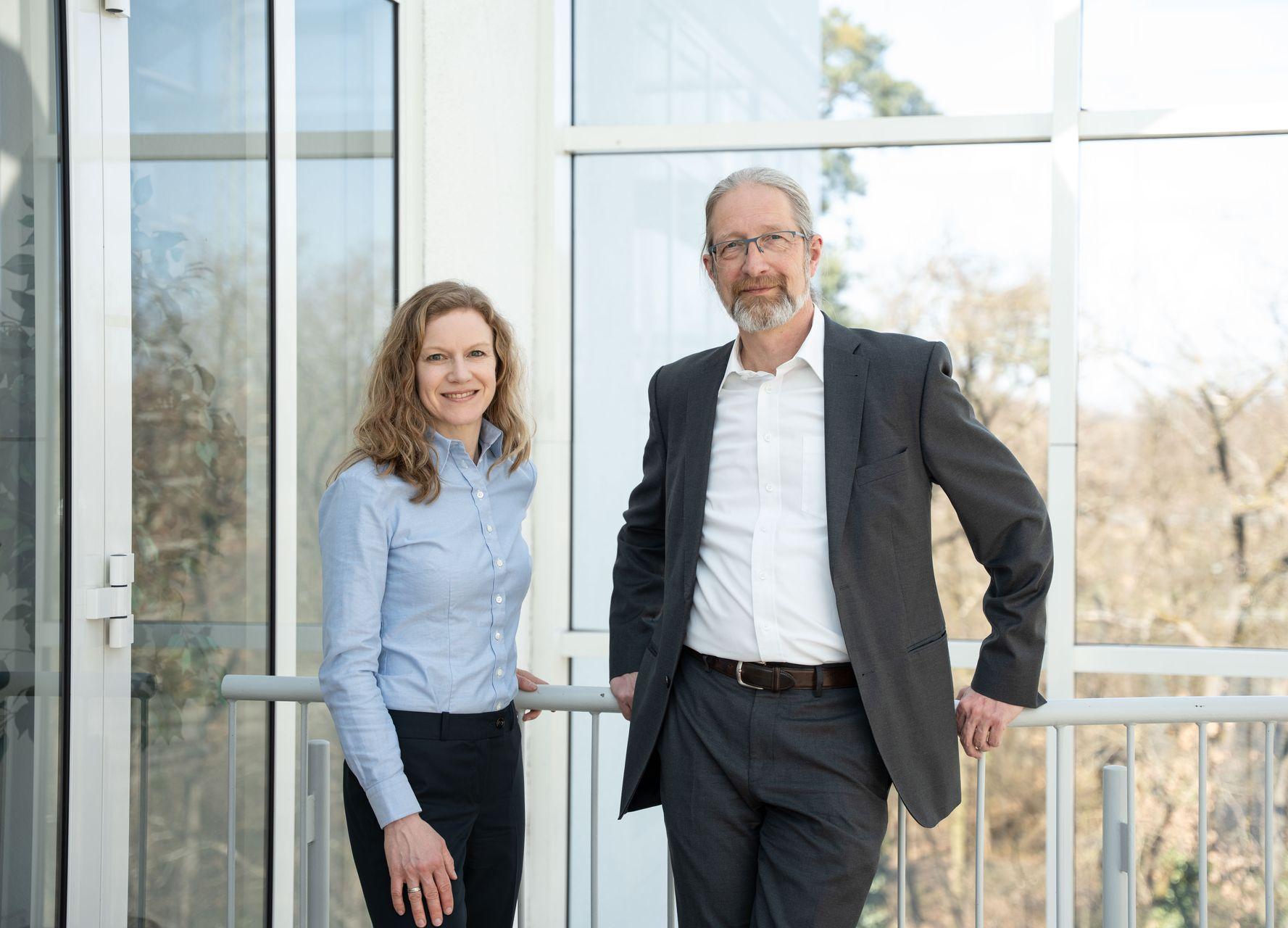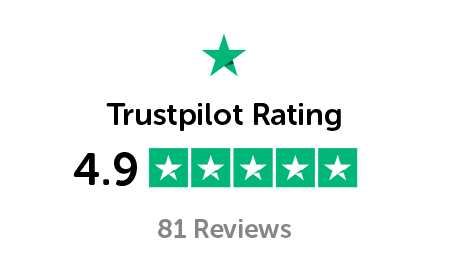Academy
Leading High Performing Organizations

Leaders have a key role to play in creating delivery capability and customer centricity in a modern organization.
Our training course "Leading deliverable organizations in change" supports you in developing your leadership skills for a complex world and offers practical approaches to operate successfully in dynamic environments.
Are you ready to lead change?
Leading in complexity
In a world full of possibilities and change, leadership is the art of creating clarity and structure. In an increasingly networked world of work with a deepening division of labour and rapidly changing external influences, leaders need to make clear decisions and maintain focus.
Our training course "Leading deliverable organizations in change" helps you to do just that: to find your way in a networked, dynamic environment, make decisions and manage your organization in a targeted manner.
We offer you approaches on how to act with presence of mind, maintain an overview and communicate your message effectively. To be effective in the face of growing complexity, you need a clear view and targeted action. In this way, you create orientation, strengthen cohesion and ensure that your organization keeps the most important thing in mind - the benefit for your customers.
The next dates: Leading High Performing Organizations

Frank Eberhard

Early-bird
when booking 4 weeks before the start of the training
5 training modules
Our five training modules focus on this (see below for details):
- Modul - Führungssysteme und Modelle vom 24.-25. August 2026
- Modul - Fokus und Absicht vom 21.-22. September 2026
- Modul - Entscheidung vom 13.-14. Oktober 2026
- Modul - Kommunikation und Wirkungskontrolle vom 3.-4. November 2026
- Modul - Handlungsfelder vom 30. November - 1. Dezember 2026
Webinars
These modules are supplemented by one-hour webinars, which are offered between the training modules. The webinars provide insights into further topics on leadership, in-depth content or are dedicated to current questions from the participants' day-to-day management work.
The webinars take place on Thursdays from 11:00 - 12:00 at
- 26.02.2026 - "Delivery capability through leadership"
- 12.03.2026 - "Leadership - perceiving yourself and others"
- 16.04.2026 - "Leadership - the result of clarity and concentration"
- 30.04.2026 - "Leadership - Dialogue and Impact"
take place. The webinars are included in the training price for participants of the training "Leading deliverable organizations in change", but can also be booked separately.
The next webinars: Führen lieferfähiger Organisationen

Frank Eberhard


Frank Eberhard


Frank Eberhard


Frank Eberhard

 Interactive
Interactive
Experience-based, interactive training with simulations and flipcharts.
 Training times
Training times
The training sessions take place from 9-17:00.
 Innovative
Innovative
Dedicated training rooms in the wibas training center with innovative equipment.
 Group discount
Group discount
Group discounts from 3 persons, please contact us.
 Coffee bar
Coffee bar
Freshly brewed barista coffee at our coffee bar.
 Early bird discount
Early bird discount
Up to 4 weeks before the start of the course.
Details on the modules
1. Leadership systems and models
How an organization functions determines the scope for leadership. Modern leadership systems draw on insights from systems theory, sociology and psychology to develop approaches that actually work.
In our "Leadership systems" module, we bring you up to date with the current state of leadership approaches, filter out the essentials and leave fashion trends behind. The aim here is to sharpen your own understanding of leadership and to recognize the systems in which you yourself work.
2. Focus and intention
Those who are present can make full use of their abilities. This requires that we embrace our versatility and operate in an environment full of ambiguity. With targeted focus, we control our energy and increase our effectiveness.
In this module, you will learn how to sharpen your attention and perception and train concentration and focus as success factors.
Leadership means turning intention into action. If your intention is clearly recognizable, employees can orient themselves and pursue common goals. Clear intentions bundle energy and direct focus - without distraction.
But leadership also means knowing your own limits: What can and may I really strive for in the company?
The "Intention" module is about understanding your own drivers and using them as a basis for your goals. We shed light on what your intention is focused on, how you maintain it and how you overcome your inner obstacle.
In short: What do I really want, why and for what purpose?
3rd Decision
Decisions are at the heart of good leadership. With self-organized teams and constant change, the question often arises anew: What remains my task, and where do I let the team decide?
In this module, we take a personal and practical approach to the topic of decision-making. You will learn how to set priorities, make decisions confidently and create clear delegation. We talk about the right timing, the right process and, of course, implementation so that decisions don't just remain on paper.
4. Communication and impact control
Communication gets to the heart of intentions, goals and decisions. There is no such thing as perfect communication - but it can be trained.
In the "Communication" module, you will learn how to listen properly and use clear words to avoid misunderstandings. We practise asking the right questions and discover how working together often achieves more than endless explanations - directly applicable in day-to-day management.
Setting goals only makes sense if you also check whether they are being achieved - whether for your own goals or for agreements with others. There are many options here:
- Does the goal describe an activity, a performance or an effect?
- And how exactly is achievability measured?
The "Effectiveness control" module is about the practical and psychological benefits of goals. We look at familiar systems such as management by objectives, OKRs and KPIs and place them in the context of agile working. We will show you how to develop your own success factors and discuss the participants' examples. The focus is on how objectives and their control contribute to success - because in the end, what counts is your organization's ability to deliver.
5. Fields of action
Leadership happens through concrete action. It's about consciously giving direction, driving improvement and developing others as well as yourself.
In the "Fields of action" module, we look at the four key areas and give you tools that you can use the very next day.
Together, we clarify where you start and how you can exert targeted influence - for leadership that really works.
Group discount
Group discounts from 3 persons, please contact us.
Coffee bar
Freshly brewed barista coffee at our coffee bar.
Early bird discount
Up to 4 weeks before the training.
Interactive
Experience-based, interactive training with simulations and flipcharts.
Training times
The training sessions take place from 9-17:00.
Innovative
Dedicated training rooms in the wibas training center with innovative equipment.
Target group of the training
The training is aimed at people in management positions
- who want to bring their leadership to a new level
- who see themselves as a management tool
- who are looking for concrete tips for their current challenge
- who want to reflect on their approach with others and learn in the process
What do you as a manager take away from this training program?
This program empowers you as a leader to maintain focus, make clear decisions, and act purposefully in a complex and fast-paced world.
You will learn the latest approaches to leadership and practice integrating new and proven tools into your own leadership style. In exchange with other leaders, you will reflect on real-life situations and develop the best possible leadership interventions.
Who will guide you through the program?
In the leadership program, we use trainers who design the training courses on the basis of their own leadership experience and their work with managers in coaching and sparring.
Our two coaches and consultants Caroline Haußmann and Frank Eberhard will guide you through the entire program.
Caroline Haußmann and Frank Eberhard - our trainers

Caroline has been guiding companies and managers through complex change processes for over 20 years. With a deep understanding of agile organizational development and systemic leadership, she helps people to navigate effectively in dynamic environments and shape sustainable change.
Looking for more than just training?
wibas is a management consultancy - for us, training is only part of the solution, often just the start - it creates orientation and provides impetus. But the real change begins in everyday life. This is exactly where we start.
Our assignments range from one-off formats such as workshops and in-depth analyses to long-term support through consulting and coaching. On request, we can also assume responsibility directly within the organization - e.g. as Project managementChange Manager, Scrum MasterAgile Coach or Product Owner.
Together with our customers we achieve Accelerated projects and delivery of results, more effective leadership, Customer orientation and Process optimization through the use of AI. In addition, we support companies in becoming or remaining economically successful - through Restructuring, Adjustment of the organizational structure or Redesign of business models in times of upheaval. Our goal is always the same: to help organizations deliver faster and better - and be economically successful.
Contact us or make an appointment directly with one of us. We are Timo Foegen, Yvonne Fischer, Tina Eisoldt, Daniel Votta and Lutz Koch. We look forward to solving your challenge together.
Management development
In order to increase delivery capability in the organization, managers must be able to create the framework for this. Our development fields for managers offer a range of elements that can create the conditions for this.
Masterclass High Performance Organization
Do you use agile approaches or agile scaling in your company and are now looking for a suitable organizational design as a structure and framework? Then this Masterclass High Performance Organizational Design is just right for you!
Certified Agile Coach
The agile coach training makes you a competent driver for agile transformations. Learn the techniques to support your environment in agility.
OKR Practitioner
Are you looking for certified OKR training for holistic corporate management, strategy and transformation? Then you will be interested in this OKR Practitioner training course.
Your contact person:
Yvonne Fischer
wibas GmbH
Yvonne Fischer
Otto-Hesse-Str. 19B
64293 Darmstadt
+49 6151 50334921







